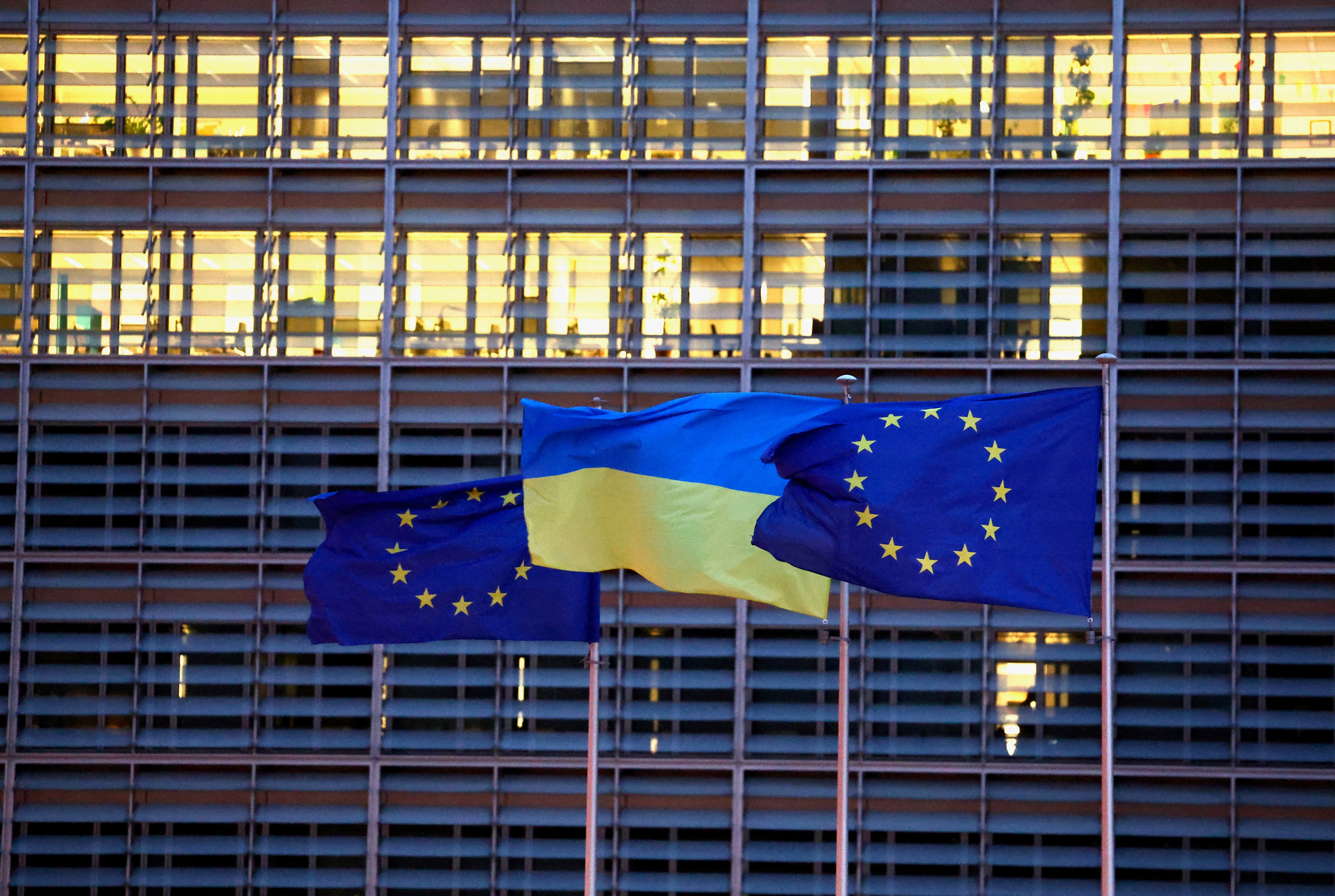The European Commission is expected to propose a ban on EU imports of Russian gas and liquefied natural gas by the end of 2027, employing legal measures to ensure member states such as Hungary and Slovakia cannot block the plan.
These proposals will outline how the European Union intends to solidify its commitment to end long-standing energy ties with Russia, its former top gas supplier, following Moscow’s full-scale invasion of Ukraine in 2022.
According to an internal Commission summary seen by Reuters, the proposal would legally enforce a ban on imports of Russian pipeline gas and LNG from January 1, 2026, with extended deadlines for specific contracts.
Short-term Russian gas deals signed before June 17, 2025, would have a one-year transition period, expiring on June 17, 2026.
Imports under existing long-term Russian contracts would then be prohibited from January 1, 2028, effectively ending the EU’s reliance on Russian gas by this date.
Companies like TotalEnergies and Spain’s Naturgy have Russian LNG contracts extending into the 2030s.
EU LNG terminals would also face a gradual ban on providing services to Russian customers, and companies importing Russian gas would be required to disclose their contract information to EU and national authorities.

The plans could still change before they are published.
EU energy commissioner Dan Jorgensen said on Monday the measures were designed to be legally strong enough for companies to invoke the contractual clause of “force majeure” – an unforeseeable event – to break their Russian gas contracts.
“Since this will be a prohibition, a ban, the companies will not get into legal problems. This is force majeure, as it [would be] if it had been a sanction,” Jorgensen told reporters.
Slovakia and Hungary, which have sought to maintain close political ties to Russia, still import Russian gas via pipeline and say switching to alternatives would increase energy prices. They have vowed to block sanctions on Russian energy, which require unanimous approval from all EU countries, and have opposed the ban.
To get around this, the Commission’s proposals will use an EU legal basis that can be passed with support from a reinforced majority of countries and a majority of the European Parliament, EU officials said.
While most other EU countries have signalled support for the ban, officials said some importing countries have raised concerns about the risk to companies of financial penalties or arbitration for breaking contracts.
Around 19 per cent of Europe’s gas still comes from Russia, via the TurkStream pipeline and LNG shipments – down from roughly 45 per cent before 2022. Belgium, France, the Netherlands and Spain are among those that import Russian LNG.
“We fully support this plan in principle, with the aim of ensuring that we find the right solutions to provide maximum security for businesses,” French industry minister Marc Ferracci told reporters on Monday.



